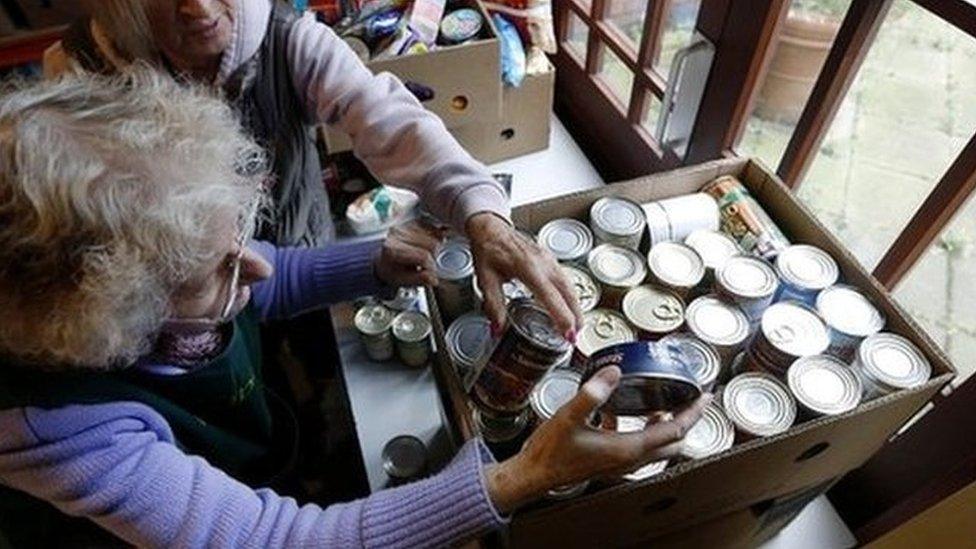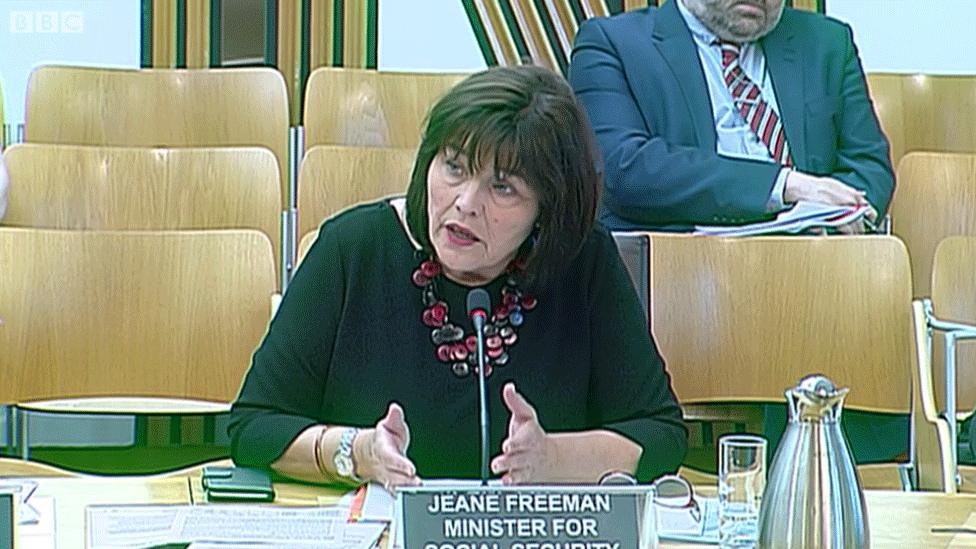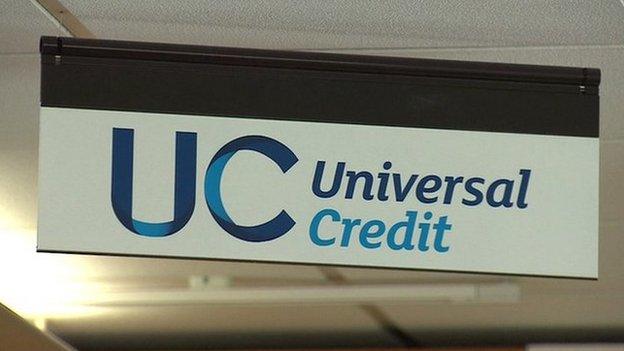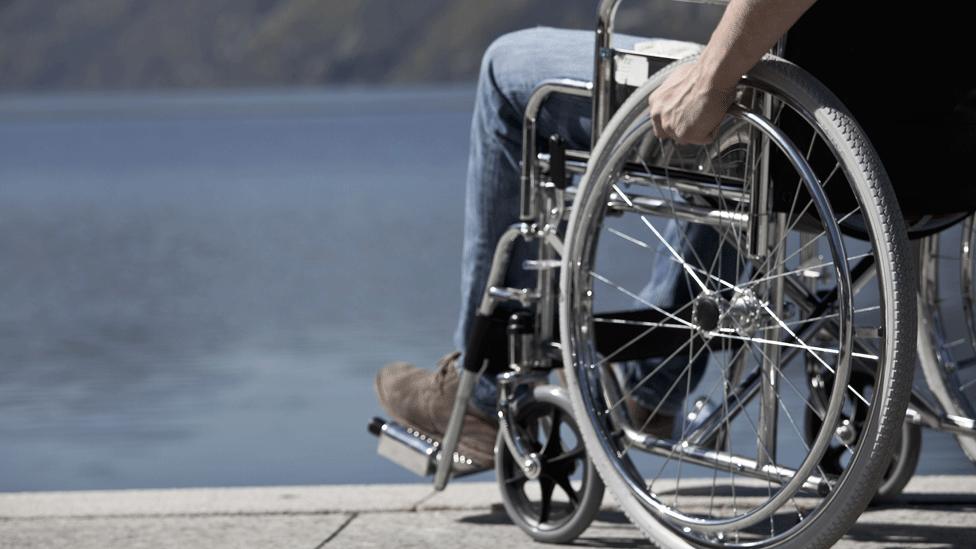Scots 'crisis grant' payouts on the rise
- Published

Crisis grants are given out to Scots struggling to pay for basics such as food or heating
The number of crisis grants handed out to Scots struggling to pay for basics like food or heating has risen by 14%.
Councils received more than 160,000 requests for help in 2016/17, with the emergency cash paid out totalling more than £9.3m.
The Scottish government said "harsh welfare cuts" and delayed payments from the UK administration were to blame.
The Department of Work and Pensions denied this, saying the Scottish government's claim was "misleading".
The payments came from the Scottish Welfare Fund, which was set up in April 2013 to both provide funds for people to live independently and to act as a safety net, and has since helped more than 254,000 households.
In the last financial year, payments under the scheme totalled £34.7m, including 42,775 community care grants adding up to £25.4m.
For crisis grants, 116,830 awards were made from a total of 164,965 applications, totalling £9.3m. This was an increase of about 14,500 on the previous year, or about 14%.
'Broken system'
A new category of crisis grant was added in 2016, of "delay in payment of benefits". Just over 17,500 applications were subsequently made for this reason, accounting for about 10% of all applications.
Scottish Social Security Minister Jeane Freeman said this was down to trouble with the rollout of Universal Credit, a welfare system rolling together payments including housing benefit, child tax credits, jobseeker's allowance and income support into a single monthly sum.
The Scottish government is in the process of taking on a raft of new social security powers, and has announced plans to use them to increase the frequency of Universal Credit payments.

Jeane Freeman said the UK government was to blame
Ms Freeman said: "We can now see clearly the impact of the UK government's harsh welfare cuts and a system that is broken.
"We have repeatedly warned that the UK government's chaotic rollout of Universal Credit, particularly the unreasonable six-week wait for first payment, is having an adverse impact on people.
"So let me repeat again our urgent call for the UK government to listen to the real-life impact of their policies and immediately halt its rollout, or risk pushing more households into hardship."
Scottish Labour said the rise in crisis grant applications was "deeply concerning", and also blamed "vicious cuts" by the UK government.
However, a spokesman for the DWP said it was "misleading" to link crisis grants to delayed payments, as "the vast majority of grants issued were for other reasons".
He added: "We are rolling out Universal Credit in a gradual, safe and secure way, and the majority of people are managing their budgets well.
"The Scottish government now has significant welfare powers including flexibility over Universal Credit payments."
- Published13 January 2017

- Published14 November 2016

- Published14 July 2016
